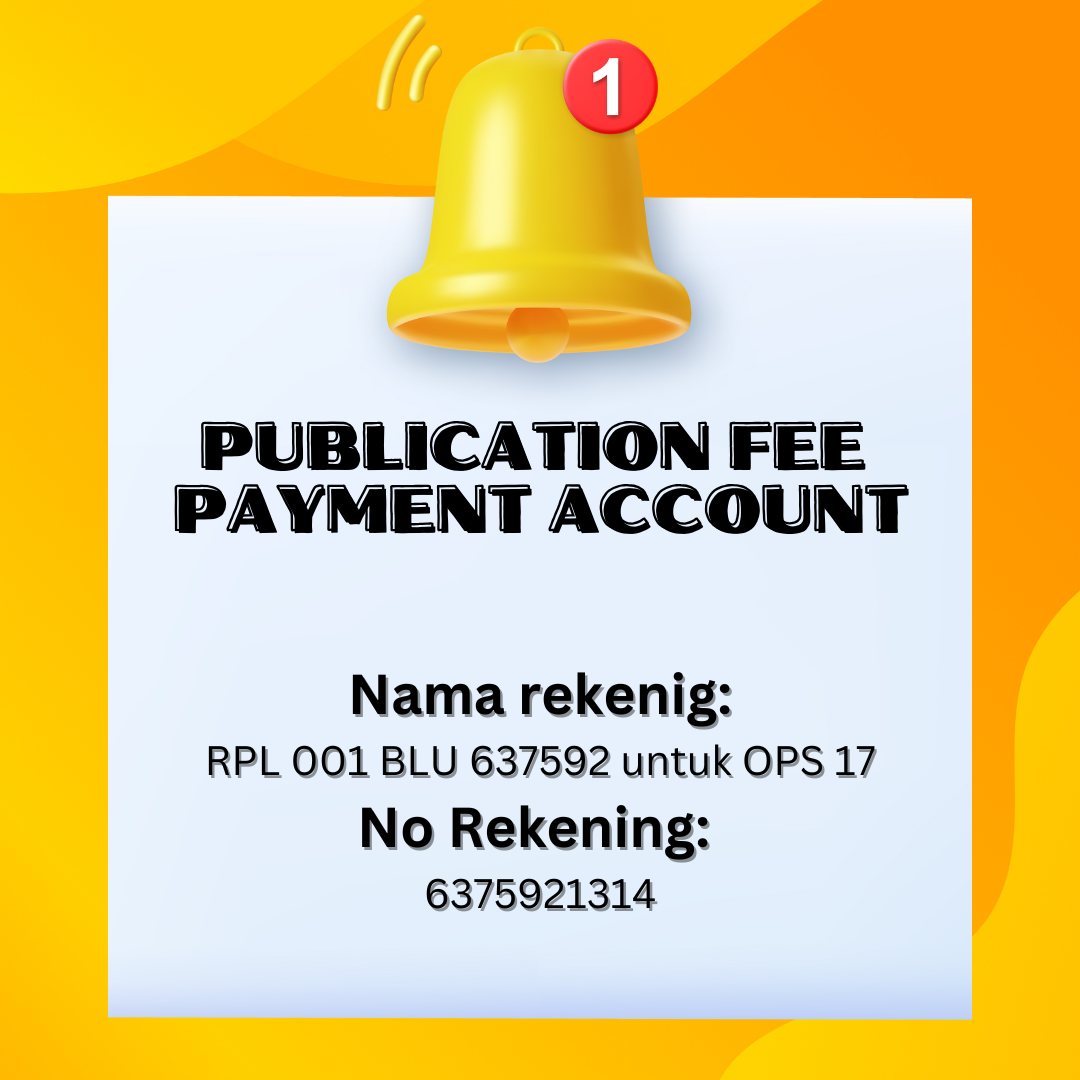Karakteristik dan Pola Hidup dengan Kejadian Batu Ginjal di Poliklinik Urologi Rumah Sakit Pertamedika Ummi Rosnati Banda Aceh
DOI:
https://doi.org/10.58774/jourkep.v3i1.62Keywords:
Activity Patterns, Characteristics, Diet, Elimination Patterns, Kidney StonesAbstract
Background: Kidney stones are one of the 3 most common diseases in the field of urology after urinary tract infections and benign prostate enlargement. This disease usually occurs at the age of 60 – 69 years and occurs 3 – 4 times more in men than women. The procedures that are often performed are non-invasive.
Purpose: Knowing the relationship between characteristics and lifestyle with the incidence of kidney stones.
Methods: This research is a quantitative research with a cross sectional analytical research design. The sample for this study was 47 kidney stone patients at the Pertamedika Ummi Rosnati Hospital, Banda Aceh.
Results: From the results of the Fisher Exact analysis, it was found that the relationship between characteristics and lifestyle with the incidence of kidney stones included age (p=0.003), occupation (0.046), activity status (0.007), diet (0.005) and elimination pattern (0.001). Meanwhile, education (0.560) had no relationship with the incidence of kidney stones.
Conclusion: There is a relationship between age, occupation, activity status, diet and elimination patterns with the incidence of kidney stones. Meanwhile, education has no relationship with the incidence of kidney stones.
Downloads
References
Akmal. (2009) “Faktor Yang Berhubungan Dengan Kejadian Batu Saluran Kemih Di Rsup Dr. Wahidin Sudirohusodo Makassar”. STIKES Nani Hasanuddin Makassar, 3(5).
David, C. D. 2013. Creatinine blood test. Available from: https://www.nlm.nih.gov/medlineplus/ency/article/003475.html.
Dwi, N.P.K. (2011) “Faktor Risiko Kejadian Penyakit Batu Ginjal di Wilayah Kerja Puskesmas Margasari Kabupaten Tegal Tahun 2010”. Repository Universitas Negeri Semarang
Hadibrata. (2021) “Hubungan Riwayat Hipertensi dengan Kejadian Batu Ginjal” JK Unila, 5 (2).
Hadibrata, E., & Suharmanto. (2022) “Pekerjaan dan Pola Istirahat Berhubungan Dengan Kejadian Batu Ginjal”. Jurnal Penelitian Perawat Profesional, 4(3), pp. 61–70.
Riskesdas. (2018). Hasil Riset Kesehatan Dasar, Badan Penelitian dan. Pengembangan Kesehatan. Kementerian Republik Indonesia. Kemenkes RI, Jakarta.
WHO. 2010. Global Recommendations on Physical Activity for Health. WHO, Geneva
Nurfitriani, N., & Oka, A. A. G. (2019). Usia dan obesitas berhubungan terhadap penyakit batu saluran kemih di RSUP Sanglah Denpasar periode Januari 2014 sampai Desember 2014. Intisari Sains Medis, 10(2), pp. 258–262.
Purnomo B.B. 2016. Dasar-Dasa Urologi. 3rd ed. CV Sagung Seto, Jakarta.
Maulana. (2023) “Hubungan Antara Usia dan Jenis Kelamin Dengan Kejadian Nephrolithiasis di Ruang Rawat Inap Bedah RSUD dr. H. Abdul Moeloek Provinsi Lampung”. Jurnal Ilmu Kedokteran dan Kesehatan, 10(5).
Potter & Perry. 2005. Buku Ajar Pundamental Keperawatan. EGC, Jakarta.
Downloads
Published
How to Cite
Issue
Section
License
Copyright (c) 2024 Muhammad Hardian, Nanda Desreza, Syarifah Masthura, Sofyan Sufri

This work is licensed under a Creative Commons Attribution-ShareAlike 4.0 International License.







